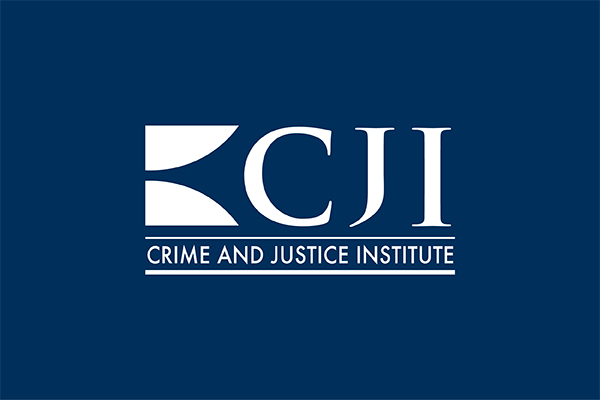
On May 19th, Governor Larry Hogan signed into law Maryland’s Justice Reinvestment Act (JRA), significant criminal justice legislation that introduces major changes in the state’s sentencing and correctional system. The JRA, which passed with an overwhelming majority in the House and unanimously in the Senate, is projected to:
- reduce Maryland’s 10-year prison population by 1,194 beds,
- avert projected prison growth of 6% over the next 10 years, and
- save an estimated $80.5 million in prison expenditures over the coming decade.
Lawmakers have committed $45 million of those savings to reinvestment in recidivism reduction program development and victim services over the same period of time.
The JRA is the product of a yearlong policy development process undertaken by the Justice Reinvestment Coordinating Council at the request of leadership from all three branches of government. The Crime and Justice Institute at CRJ (CJI) and the Public Safety Performance Project at The Pew Charitable Trusts (Pew) provided technical assistance throughout the process as part of the Justice Reinvestment Initiative, a public-private partnership between the Bureau of Justice Assistance, U.S. Department of Justice and Pew. The CJI team consisted of Colby Dawley, Felicity Rose, Leah Samuel and Len Engel. Justice Reinvestment Coordinating Council submitted a report in late 2015 to the legislature and the Governor with recommendations to improve public safety, reduce the incarcerated population and improve criminal justice outcomes.
The JRA includes critical changes to Maryland’s sentencing, release, and supervision policies, which bring the state into closer alignment with the national consensus around effective recidivism reduction strategies, especially with regard to substance abuse and mental health treatment and programming. The bill’s sentencing changes include the elimination of mandatory minimum sentences for lower-level drug offenses, an increase in the felony theft threshold, and increased treatment access for individuals convicted of drug offenses. A comprehensive list of the Maryland policy reforms can be found here.